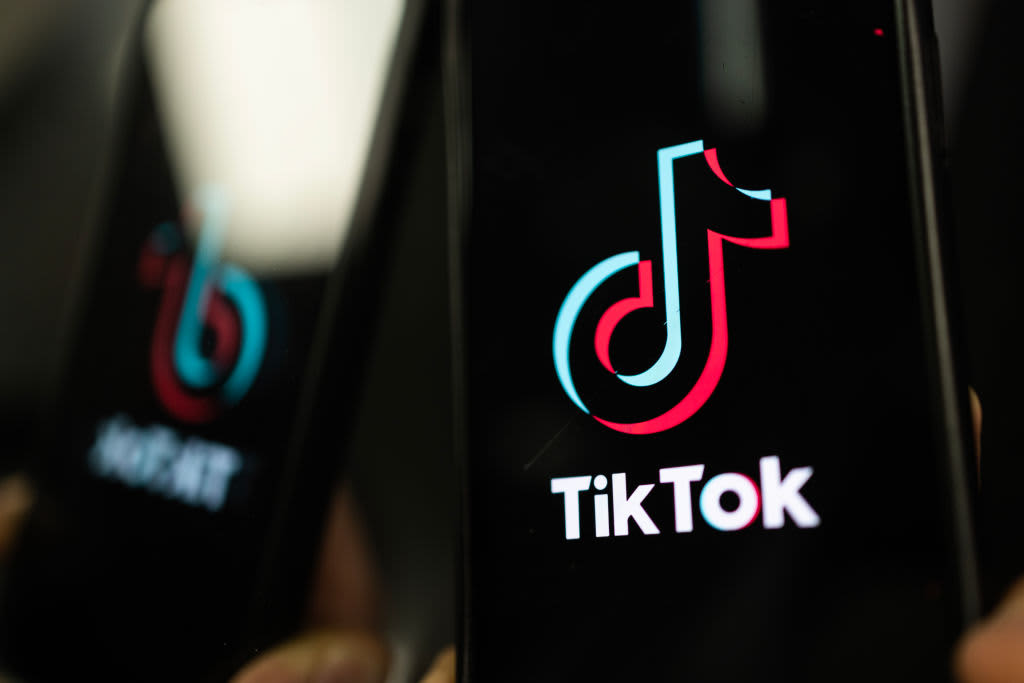The U.K. on Thursday banned TikTok from all government devices, as Western countries take an increasingly hostile approach to the app.
But a government spokesman said No. 10 would keep its TikTok account open and the ban does not extend to officials’ personal phones. The social firm said it was “disappointed” by the move.
The decision follows a review by the country’s National Cyber Security Centre. TikTok is owned by ByteDance, a Chinese headquartered company, and Western governments fear it could give Beijing’s spies access to sensitive data.
Cabinet Office Minister Oliver Dowden told the House of Commons at lunchtime that the ban, which starts immediately, was “proportionate” and “prudent” and followed similar moves by allies.
“It is clear that there could be a risk around how sensitive government data is accessed and used by certain platforms,” he said.
The ban applies to devices at all central government departments, government agencies and arm’s length bodies. Dowden also said he had written to the devolved administrations and would be writing to local councils.
Alongside the ban, only a list of third-party approved apps would be allowed on government devices, Dowden added. “This system is already in place across many departments,” he said. “Now, it will be rolled out across government.”
He said there would be exemptions granted on a “case by case” basis.
It follows similar bans by EU institutions, Belgium, and Canada. The U.S. also restricted the app last year and is now working on broader plans which could see TikTok’s parent company ByteDance either forced to sell or face an outright ban.
TikTok responded to the move by highlighting its ongoing ‘Project Clover’ push to bolster data security for its European users.
Theo Bertram, the social firm’s VP for public policy, in Europe, said in a statement on Twitter: “We are disappointed with the U.K. decision to stop government staff from using TikTok on their work phones. The government say it is precautionary and not based on any actual incident. It appears to us to be driven by wider geopolitics, in which TikTok and our users play no part.”
